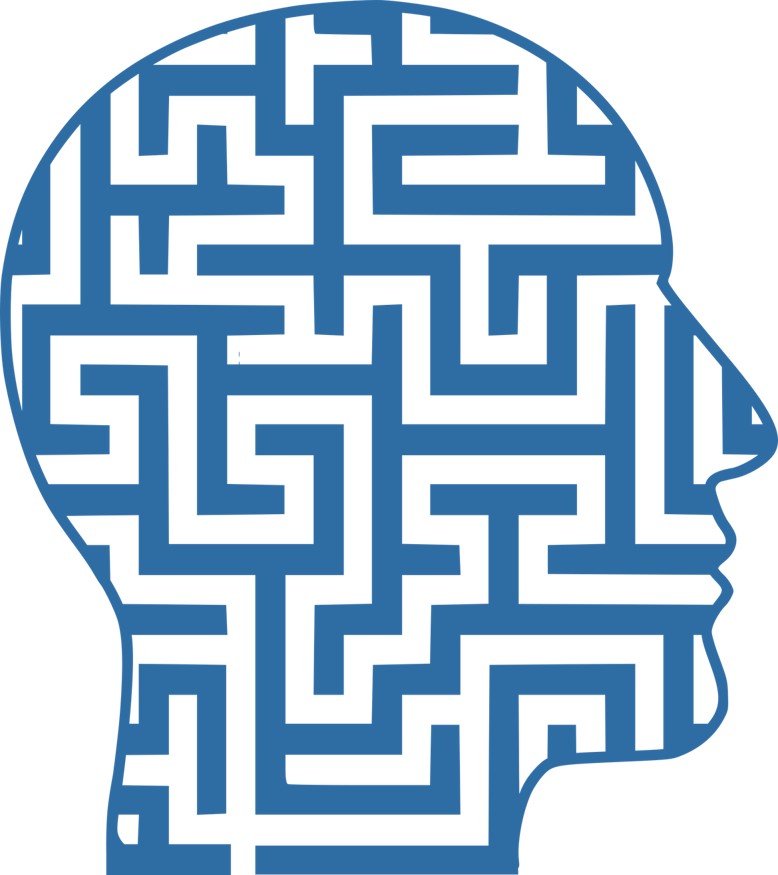Cognitive biases are systematic patterns of deviation from rationality in judgment. These biases are subject to research interests in fields like psychology and behavioral economics. What we call cognitive biases are mechanisms that have developed within an evolutionary process. They already helped our ancestors in making fast decisions when needed and with limited information processing capabilities. These biases are not only an essential building block of our "gut feeling" but also our intuition to a ceratin degree. This is what Daniel Kahnemann, nobel prize winner for economics in 2002, has called System 1, the area of unconscious and fast decision making in our minds. The speed and ease of this sytem comes with a price as biases can lead to irrational and counter-factual decisons. Biases can affect human power of judgment in a professional context and in personal life. Presumably rational and fact-oriented people like analysts and data scientists are not save from cognitive biases either. Some authors even argue that they are even more prone to be to biased due to the experimental and research-oriented nature of their work. As biases are essentially part of human nature and they are everywhere, it is important to be aware of them. This might enable us to give better advice to others and take more informed decisions ourselves. We will try to provide a light introdcution, some hints for prevention and some interesting sources for further reading. Let us look at the most relevant cognitive biases one by one.
So what?You can get it if you really want. But you must try, try and try. Jimmy Cliff, You can get if you really want. Overcoming cognitive biases completely might be almost impossible. However, raised awareness of how our minds try to trick us will already lead to noticeable improvements in judgment. If you are interested in the topic, we can recommend the following readings. Books
Blog Posts
|
Categories
All
Archive
June 2024
|





